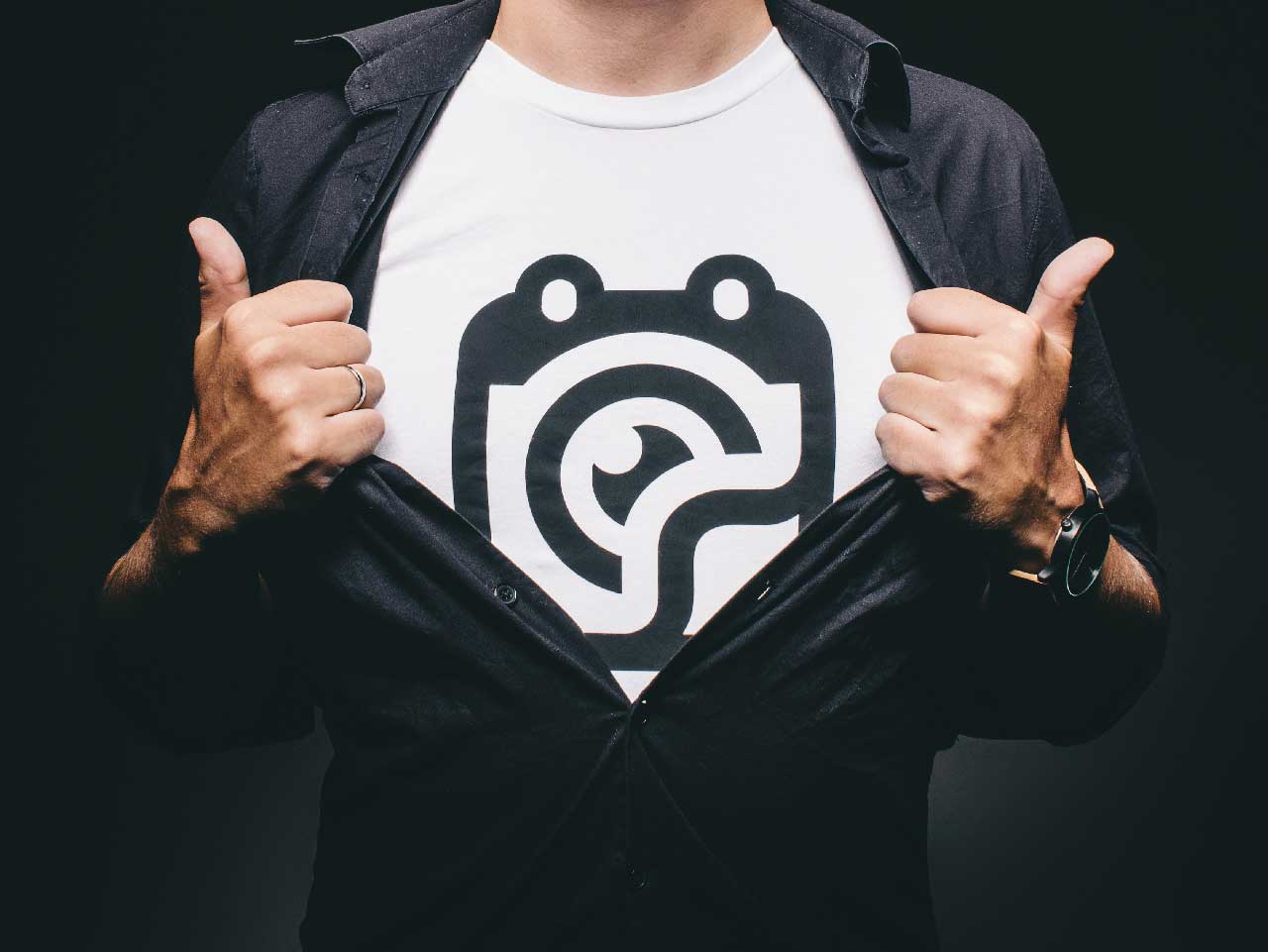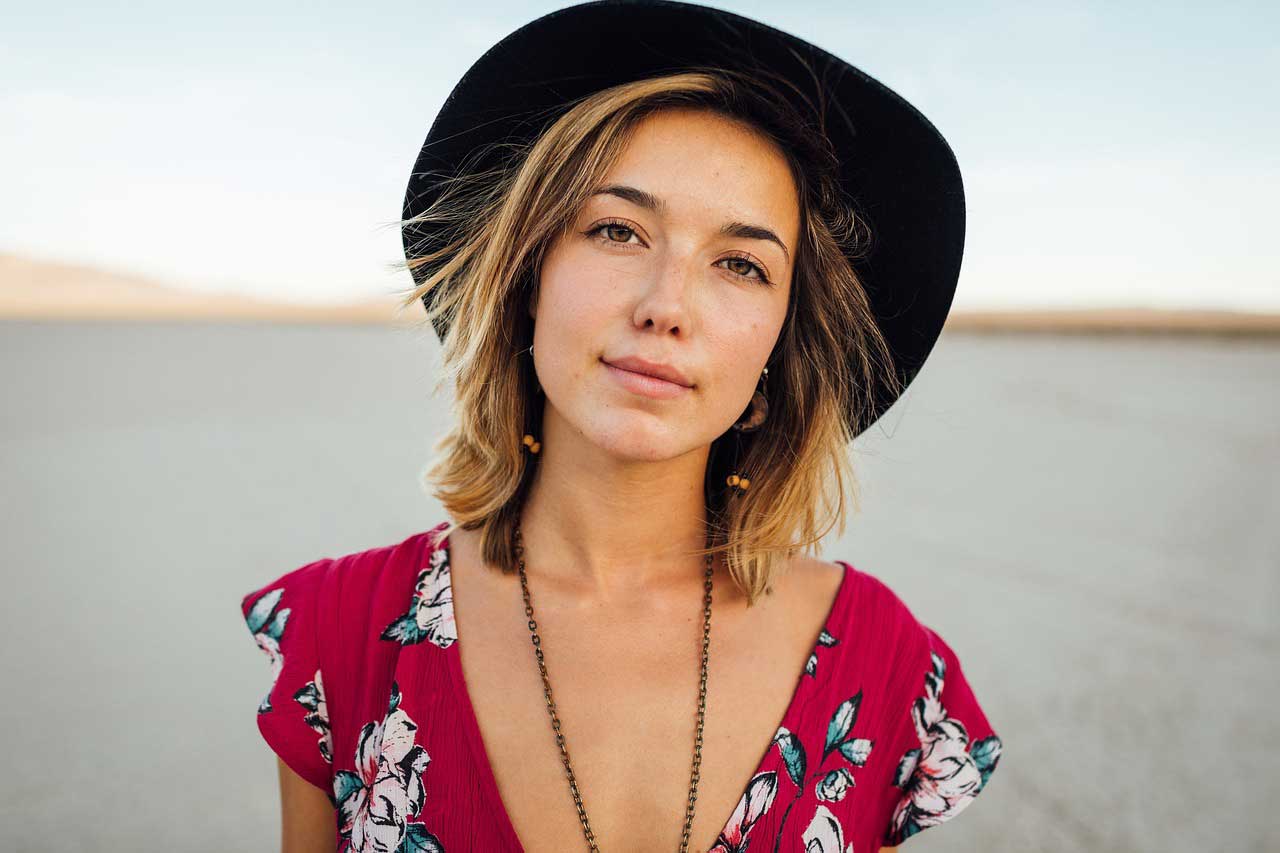When COVID-19 hit in 2020, Ghenya Grondin of Waltham, Massachusetts, was a postpartum doula – a person charged with helping young couples navigate the first weeks of their newborn child’s life at home. Grondin, now aged 44, was infected with SARS-CoV-2 in mid-March of that year – before there were tests, before social distancing or masks, and many months before the medical community recognized long COVID as a complication of COVID-19. She is part of a community of first-wave long-haulers who faced a new disease without a roadmap or support from the medical establishment. Three years later, at least 65 million people worldwide are estimated to have long COVID, according to an evidence review published last month in Nature Reviews Microbiology. More than 200 symptoms have been linked to the syndrome – including extreme fatigue, difficulty thinking, headaches, dizziness when standing, sleep problems, chest pain, blood clots, immune dysregulation, and …






